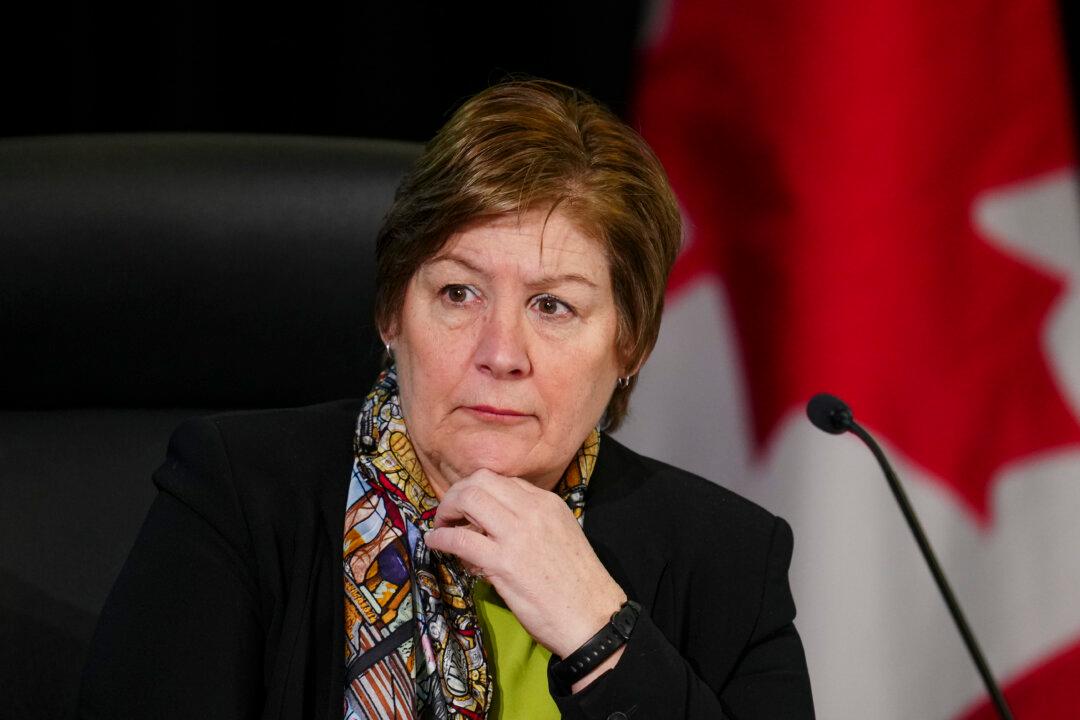An elections integrity body had intelligence before the 2019 general elections that the Chinese regime was providing funding to local races, but says it didn’t meet the threshold to warn the public.
Top public servants who were part of the Critical Election Incident Public Protocol (“panel of five”) testified to that effect at the Public Inquiry into Foreign Interference on April 8.





